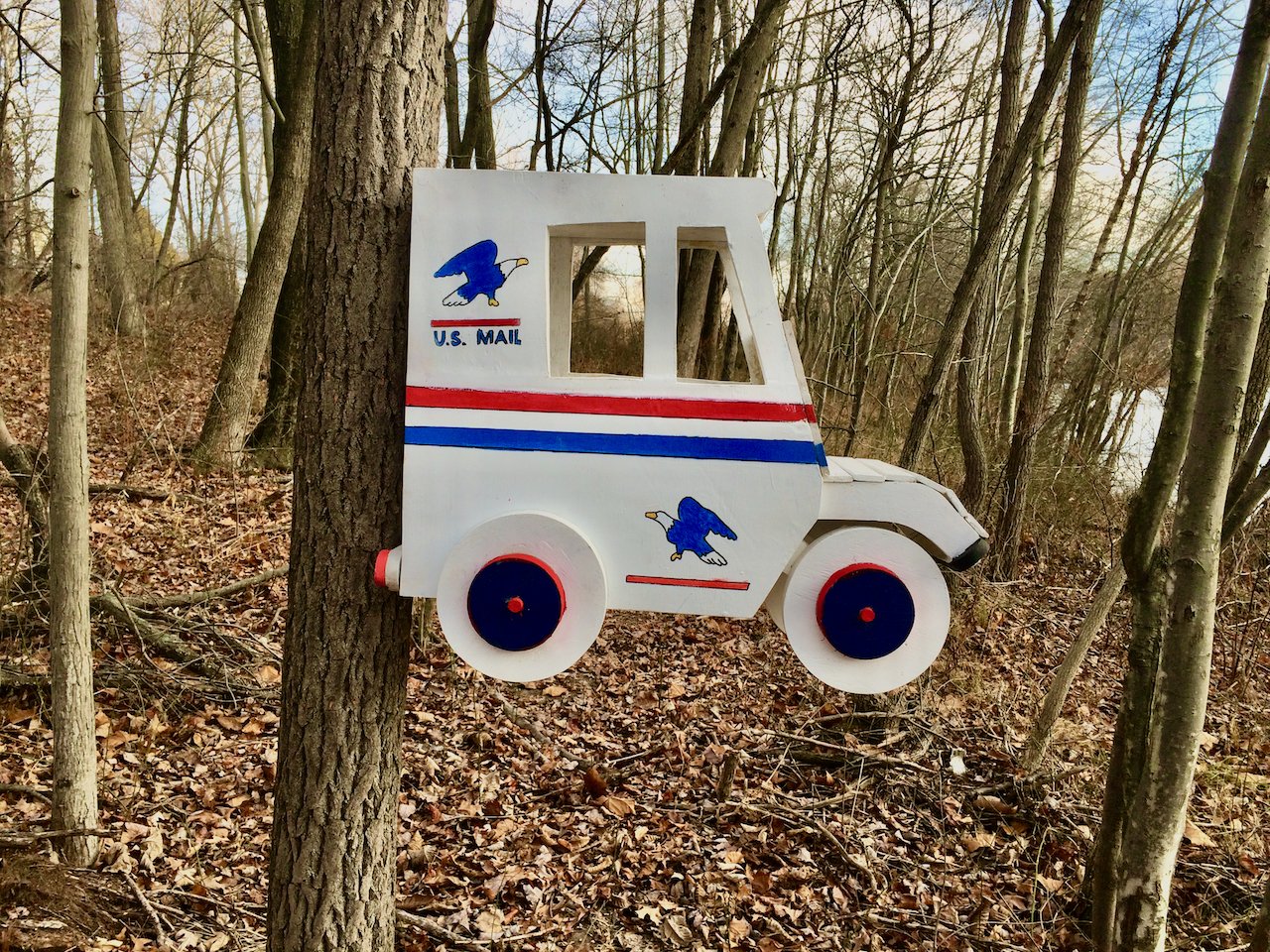Too Many New Member Emails?
Recently, I was a guest presenter on one of UST Education’s webinars for the association community. The topic was about new member engagement, and, boy, there were a lot of great participant questions, so many we ran out of time. So I’ve decided to answer them here!
Michelle asked: We have a multi-touch onboarding campaign for new members that lasts over a year with many emails. Is that too long? Do you have any other ideas on how to connect virtually outside of email?
Great question, Michelle! The short answer to the first part of your question is your email campaign for new members is probably not too long, and you are probably not sending too many. In the New Member Engagement Study I conducted with my partners at Dynamic Benchmarking, we found that the most successful new member-specific campaigns last seven months or more.
Author’s Note: There are dramatic differences in new member onboarding programs by the size of the association. The results shared in this post are primarily for medium and large-sized associations, maybe even larger small associations.
Come on, let’s dive into some of the study’s results to get more engaging email tips!
The Optimal Cadence
Cadence isn’t just for musicians🎶. There is an optimal cadence for new member emails as well. We call it the 3-3-6 rule. Get your new member’s attention when they are most open to messages from you during the first week and month of membership by sending three messages in the first week and then one email per week for the first month, followed by one email monthly for at least the next six months (some successful new member email campaigns last 18 to even 36 months!). Does that seem like A LOT of emails in addition to all the other emails your organization sends? It might be!
Potentially Hold Back Gen Pop Emails
Some new members report that they join, and an avalanche of emails pours into their inboxes. Many are “advertisements” to buy research, training, conferences, or products from sponsors. These new members think, “Wait a minute, did I just pay membership dues to get sold to?” Some associations intentionally hold back the emails that all members receive until they’ve had a chance to send a few new member-specific emails first. The duration that associations hold back regular emails ranges from a few days to a month, but this can get tricky, especially during peak conference promotion time when you want all members, including new members, to know about the event. So there’s no one correct answer here. You do you!
Avoid Scope Creep
Even by holding back regular member emails for some time, new members still get A LOT of emails, so you might think, “They are never going to read all that.”
Have you ever heard of scope creep? It’s when last-minute, great-sounding, but resource-using extras are added to a project.
I’m a “maximizer,” so I know about scope creep all too well, like when we decided to replace the floors of our new house. Before the new flooring was installed, I decided we might as well paint all the walls, and well, if we’re going to paint all the walls, we might as well install recessed lighting—that’s Amanda-style scope creep😳.
Like scope creep, there’s message creep. It goes like this. “We’ve got a lovely welcome video from the board president to include in the welcome email. While we are at it, we should probably include the list of benefits. Oh, and new members will LOVE this new research report coming out. Plus, we can’t forget about the conference in 3 months.” And now the welcome email is longer than any new member has time to read.
Keep Your Emails Short
We expect to read an email in less than a minute, so keep your message short. You can do this by focusing each message on one topic and one call to action. Think of each email as “snackable content.” Quick, informative, easy, and maybe even fun.
Watch Your Tone
Make every new member email a warm welcome. Consider writing with a more conversational tone. Imagine each new member reading your email gets the impression that a good friend is giving them a tour. We want readers to get the sense that this is a community they could belong to someday.
Speaking of Tours
Optimally, each email provides immediate value and gives members a tour of their benefits. Now, this can be difficult to do if you don’t know precisely what each reader needs right at the moment. That’s where PropFuel can help. They help you ask members questions, so with a click or two, each unique reader can have the information they need. Want to learn more?
So, to sum up, many short, fun, happy, value-packed emails are one key to new member onboarding success. What about all the other ways to engage new members outside of email? I’m so glad you asked, Michelle, and we’ll dive into this next week!

